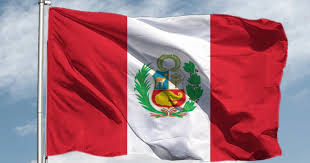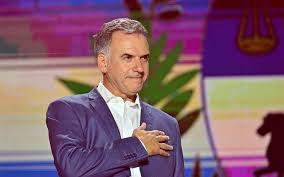
SAO PAULO, Oct 11 (NNN-MERCOPRESS) — Brazilian President Jair Bolsonaro was not allowed to enter a football stadium to watch Gremio’s match against Santos because he was not vaccinated against COVID-19.
To add to the presidential ban controversy Santos won 1-0 during injury time which needed intervention from video assisting referees (VAR) not to be disallowed.
Sceptical of the coronavirus pandemic which has already left more than 600,000 dead nationwide, the head of state insisted he had more antibodies than anybody vaccinated because he had already had the disease. “Why the vaccination passport if I have more antibodies than with the vaccine?,” Bolsonaro, who has vowed to be the ”last” Brazilian to receive the immunizer, asked at the gates. Vaccine passports are mandatory in the state of São Paulo to access sports venues.
Crowds are gradually returning to football stadiums but in São Paulo only fans with a full vaccination scheme (two doses or single dose depending on the brand) were let through.
Brazil is barely second to the United States in the number of COVID-19 deaths. “The situation improved, but we must be cautious,” warned Margareth Dalholm, a pulmonologist at the prestigious Fiocruz research institute. The pandemic can only be considered controlled when “80% of the population is immunized, ”which is still far from being the case,” she added, as 71.4% of Brazilians have received just one dose but only 45.9% have completed the immunization cycle.
According to a study published last week by Fiocruz, 11% of people who received the first dose arrive late for the second, while the elderly begin to receive the third injection.
Meanwhile, the consumer price index (CPI) rose 1.16% in September (the highest figure for that month since 1994) for a total of 6.90% and a 10.25% YoY, it was reported at the end of last week, reaching double digits for the first time since 2016, according to data from the Brazilian Institute of Statistics (IBGE).
The historical drought affecting hydroelectric plants is leading to the use of more expensive energy sources and it showed.
”Eight of the nine items of products and services analyzed rose in September, with a highlight for the housing sector (2.56%), which was driven by the 6.47% increase in the electricity bill,“ explained the IBGE.
Accumulated inflation in twelve months had not reached double digits since February 2016, when it stood at 10.36%.
September’s 6.90% largely exceeds the official inflation target of 3.75% and its ceiling of 5.25%.
Brazilian Central Bank President Roberto Campos Neto has foreseen September would be the peak and then ”a fall” would begin. The market expects that inflation will reach 8.51% by the end of this year, according to the latest Focus survey published by the BCB. — NNN-MERCOPRESS




